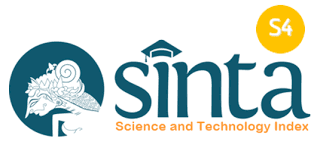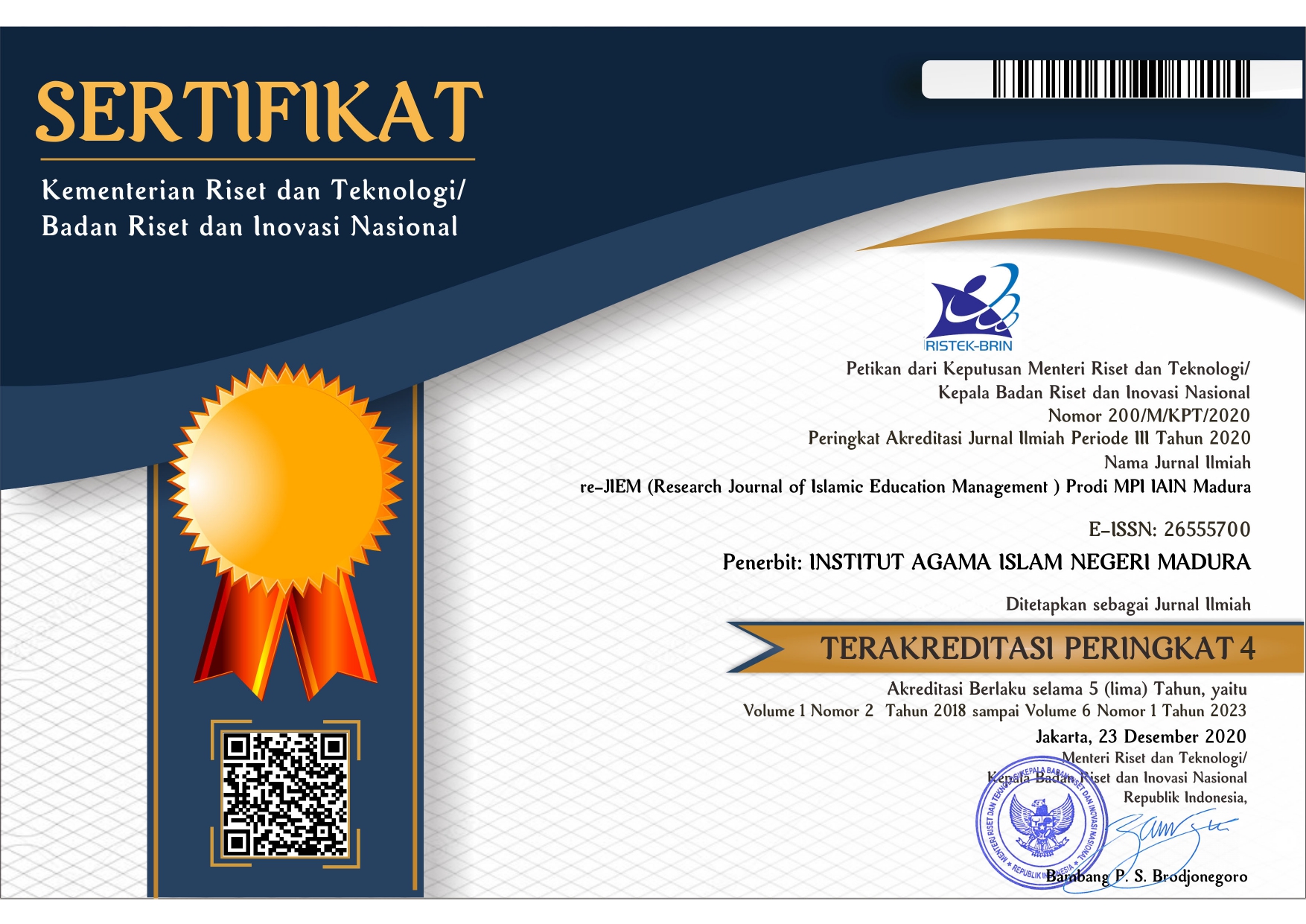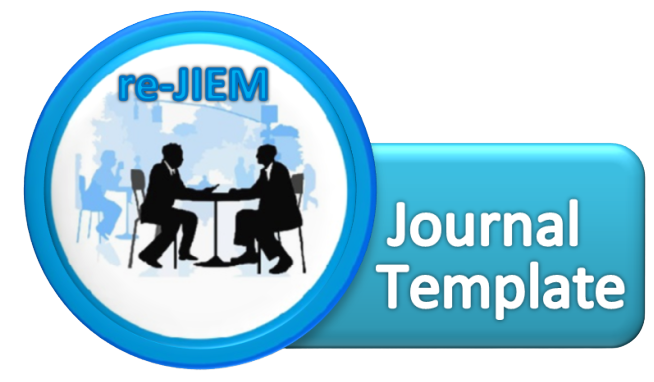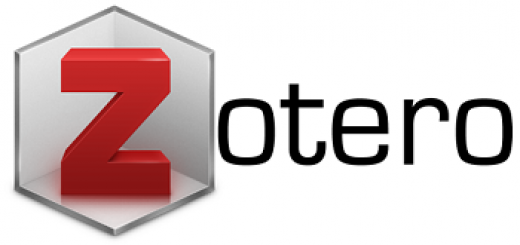IMPLEMENTASI MANAJEMEN ISI KURIKULUM KARAKTER ISLAMI DI MADRASAH IBTIDAIYAH MIFTAHUL ULUM PULAU MANDANGIN SAMPANG
 Abstract views: 134
,
Abstract views: 134
,
 PDF downloads: 167
PDF downloads: 167
Abstract
The implementation of load management of the curriculum is packed with Islamic
programs which aim to develop the Islamic character of learners. By using case
study method, it is known that the content of Islamic character curriculum content
in MI Miftahul Ulum Mandangin Island is applied with the addition of curriculum
charge in the development section self. On the charge MI Miftahul Ulum is
implementing a religious program. In addition, MI Miftahul Ulum also built an
Islamic culture. The process of content management of Islamic character
curriculum is also developed here. In the implementation of this also got
inhibiting factor and supporter. The changes in behaviors or outcomes of this
implementation can be felt like the low violations committed by students, the
religious behavior that follow and the realization of a thick Islamic culture.
Downloads
References
Remaja Rosdakarya, 2014.
Hadi, Saiful. “Model Pembentukan Kecerdasan Moral Spiritual Sisiwa SMP Plus
Nurul Hikmah Pamekasan”, Islamuna, 1. Juni, 2015.
Hamalik, Oemar. Manajemen Pengembangan Kurikulum. Bandung: PT Remaja
Rosdakarya, 2010.
Johansyah. ”Pendidikan Karakter Dalam Islam”. Islam Futura,1. Agustus, 2011.
Judiani, Sri “Implementasi Pendidikan Karakter di Sekolah Dasar Melalui
Pengamatan Pelaksanaa Kurikulum”.Jurnal Pendidikan dan Kebudayaan,
3. Oktober, 2010.
Khudrin, Ali.”Impelmentasi Manajemen Kurikulum Pada Madrasah Diniyah AlAziz Pondok Pesantren Nurul Buda II Kabupaten Sleman D,I
Yogyakarta”,Nalisd, 02. Mei-Agustus: 2008.
Kurniawan, Syamsul.Pendidikan Karakter. Yogyakarta: Ar-ruzz Media,2013.
Maghfiroh, Lailatul. ”Membangunn Karakter Siswa dalam meningkatkan
Kecerdasan Spiritual Melalui The Hidden Curiculum di MI Wahid Hasyim
Yogyakarta”, Dar el-Ilmu. Oktober, 2017.
Nata, Abuddin. Manajemen Pendidikan, Mengatasi Kelemahan Pendidikan Islam
di Indonesia, Cet Ke-III. Jakarta: Prenada Media Group,2003.
Novarisa, Yesica dkk. ”Manajemen Kurikulum Berbasis KeIslaman di Sekolah
Menengah Pertama Islam Terpadu Miftahul Jannah Bandar
Lampung”,Manajemen Mutu, 1. 2015.
Nur Aeni, Ani. ”Pendidikan Karakter Untuk Siswa SD Dalam Perspektif
Islam”,Mimbar-Edu 1. April, 2014.
Rusman. Manajemen Kurikulum.Jakarta: PT Raja Grafindo Persada, 2012.
Thoha, Mohammad. Horizon Pendidikan Islam. Surabaya: Pena Salsabila, 2013.
Wahyudin. Dinn. Manajemen Kurikulum. Bandung: PT Remaja Rosdakarya,2014.
Wina Sanjaya,Kurikulum dan Pembelajaran. Jakarta: Kencana Prenada Media
Group, 2008..
Kepala Badan Penelitian dan Pengembangan, Kurikulum 2013. Jakarta:
Kementrian Pendidikan dan Kebudayaan, 2013.
Muslim, Baju .“Faktor Penentu dan Faktor Pendukung Keberhasilan
Implementasi Kurikulum 2013”, diakses dari
http://7rppterbaru.blogspot.co.id/2014/03/faktor-penentu-dan-faktorpendukung.html?m=1, pada tanggal 16 Maret 2018 pukul 05.30.
Undang-Undang RI, No. 20 Tahun 2003 Tentang, Sistem Pendidikan Nasional.
Surabaya: Departemen Agama, 2003.
Copyright (c) 2018 Zainuddin

This work is licensed under a Creative Commons Attribution-ShareAlike 4.0 International License.
Authors who publish with this journal agree to the following terms:
Authors retain copyright and grant the journal right of first publication with the work simultaneously licensed under a Creative Commons Attribution-ShareAlike 4.0 International License that allows others to copy and redistribute the material in any medium or format with an acknowledgment of the work's authorship and initial publication in this journal and also allows to remix, transform, and build upon the material for any purpose, even commercially with contributions under the same license as the original.
Authors are able to enter into separate, additional contractual arrangements for the non-exclusive distribution of the journal's published version of the work (e.g., post it to an institutional repository or publish it in a book), with an acknowledgment of its initial publication in this journal.
Authors are permitted and encouraged to post their work online (e.g., in institutional repositories or on their website) prior to and during the submission process, as it can lead to productive exchanges, as well as earlier and greater citation of published work.



























